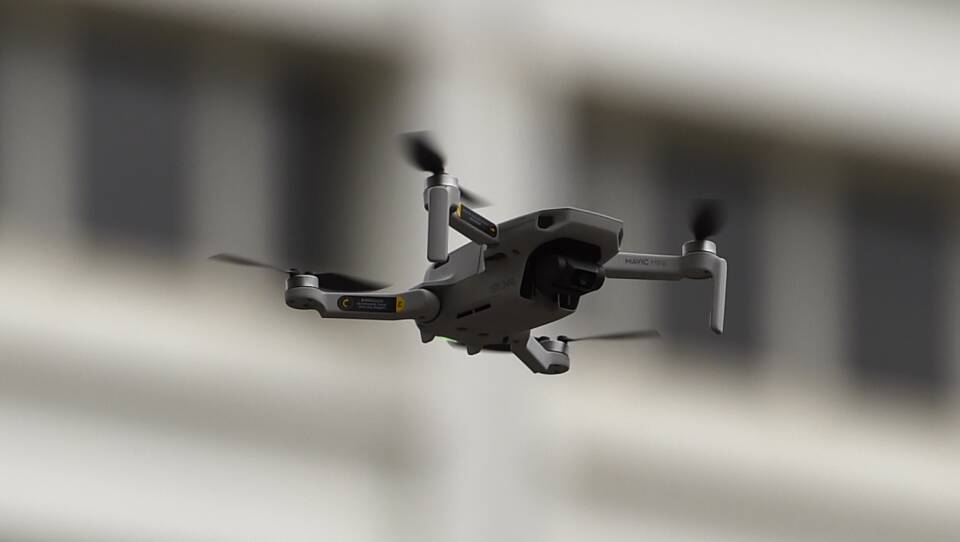After nearly two months of discussion, Worcester’s city councilors continue to disagree over a proposal to purchase a drone for the city’s police department.
City Manager Edward Augustus is considering using $25,000 in state funding to buy the remote-controlled aerial device, which would include a camera and infrared technology that detects body heat.
Augustus, police officials and several councilors have argued the drone will help police investigate crimes and preserve public safety. But other councilors remain concerned the drone will infringe on people’s privacy and could be used to find and break up homeless encampments.
“I don’t feel comfortable to support policies that run the risk of having negative implications for people who have the least voice, the least representation and more to lose than any of us in this room,” Councilor Etel Haxhiaj said during a City Council meeting Tuesday.
The Council has been debating the drone program since early April, but Augustus has final authority to purchase the drone regardless of the Council's recommendation. Funds for the drone would be taken from a $100,000 earmark from the state Executive Office of Public Safety and Security that councilors voted to accept last year.
Augustus was put in charge of deciding how to spend the money, all of which he initially planned on using to develop a police dog program meant to help officers track crime suspects and collect evidence. But now Augustus says the K9 program does not need all of that money and wants to use leftover funds to purchase the drone.
The Council’s only oversight in the drone decision stems from an executive order Augustus issued last year on the acquisition of surveillance technology. The order mandated that he would not purchase surveillance equipment without a public hearing before City Council.
A public hearing on the drone proposal occurred on April 20 during a City Council Public Safety Committee meeting. However, the dispute over the drone proposal has continued because some councilors are demanding that the city create a policy regulating use of the device before purchasing one.
In a memo sent to the Council on April 5, police said the drone may help with locating and offering outreach to homeless encampments. That has since raised fears among homeless advocates and several councilors that the drone could scare homeless people.
“Using drones in this manner — that are following [the homeless] — could really exacerbate their mental health conditions, the results of which could end up being fatal,” City Councilor Khrystian King said during Tuesday’s meeting.
Councilors and homeless advocates have argued the best ways to help people living outside is through outreach workers. Drones could erode trust in government and law enforcement, National Homelessness Law Center Legal Director Eric Tars told the Public Safety Committee in April.
In response to those concerns, Worcester Police Chief Steven Sargent told the Council Tuesday that law enforcement would commit to not using the drone to follow homeless people. That led other councilors, who support the drone, to argue the city should finally move forward with the purchase.
Councilor Kate Toomey said the device will make the community safer by assisting police with missing person searches, responding to major vehicle accidents and investigating other crimes.
“I just hope that we can understand that this is a tool for good,” she said. “It’s a tool to help.”
Police drones are becoming increasingly common across Massachusetts, according to data obtained by ACLU Massachusetts. State police and law enforcement agencies in Boston, Foxborough and Tewksbury among other localities own drones.
During the Worcester City Council meeting Tuesday, councilors voted to hold another Public Safety Committee hearing to discuss a policy that would regulate use of the drone. Augustus suggested he would not move forward with purchasing the device until that hearing occurs.
“I’m willing to listen,” Augustus said. “I’m willing to put in a policy and ask for feedback and strike that right balance because I think we can be both safe and protected from any potential abuses of this [drone].”






